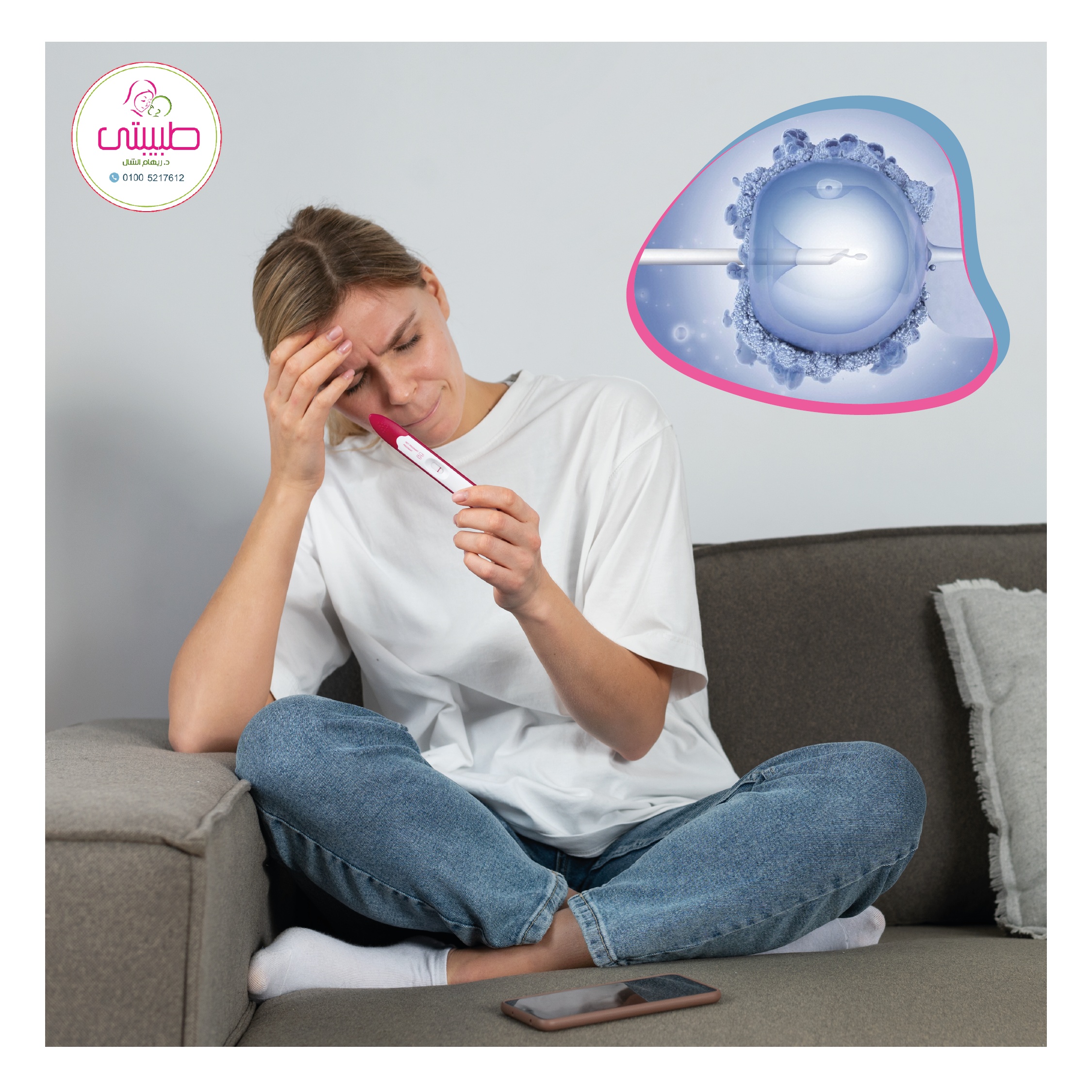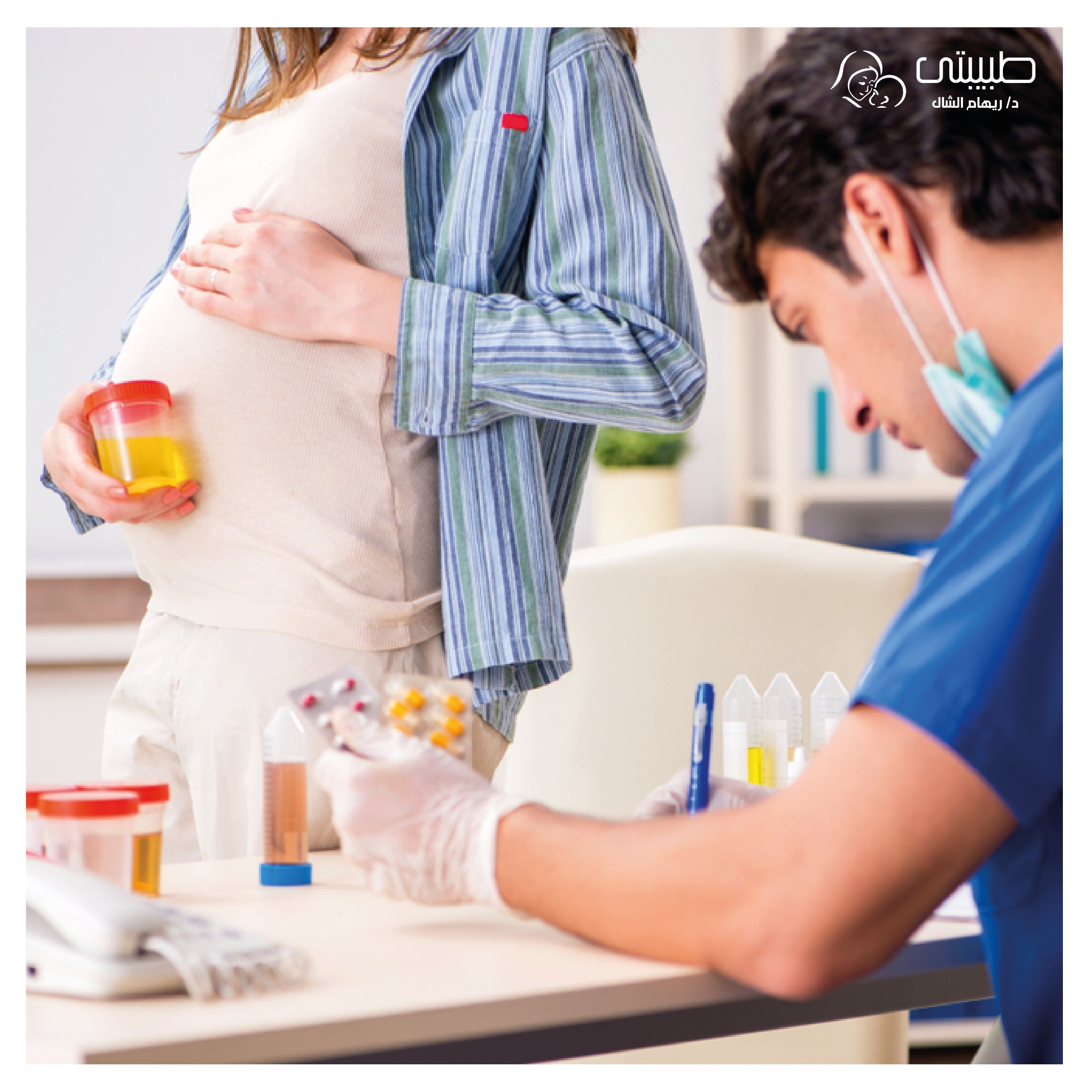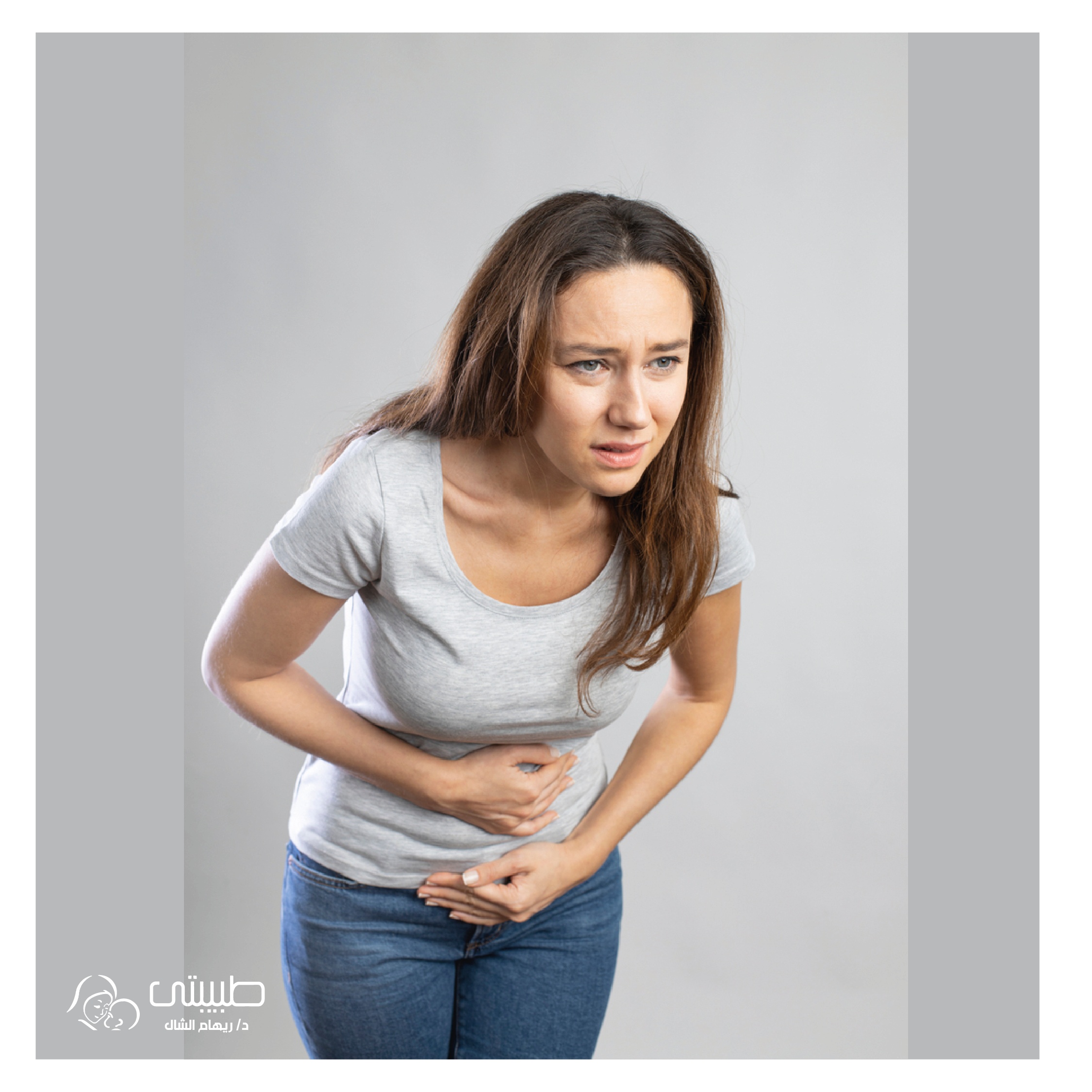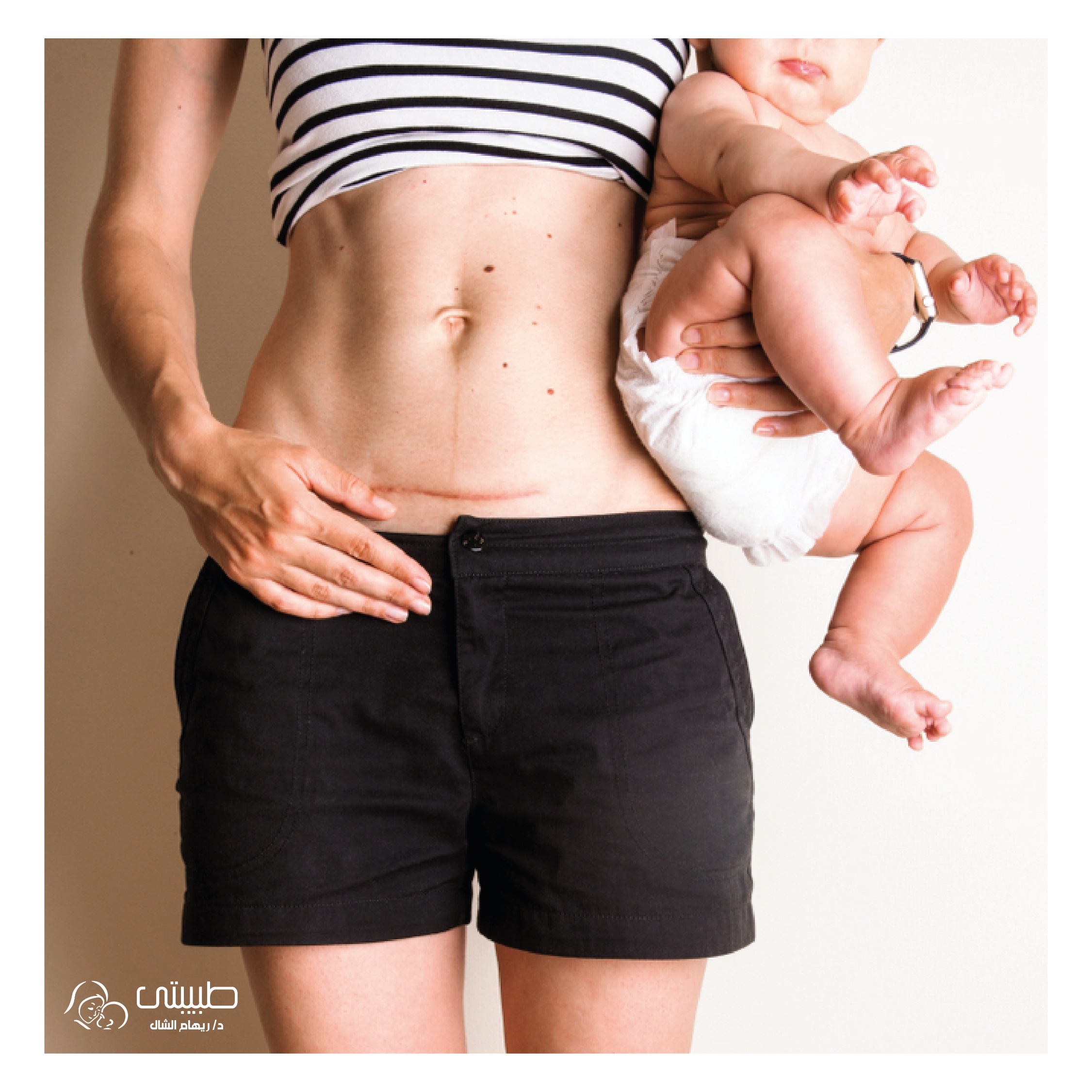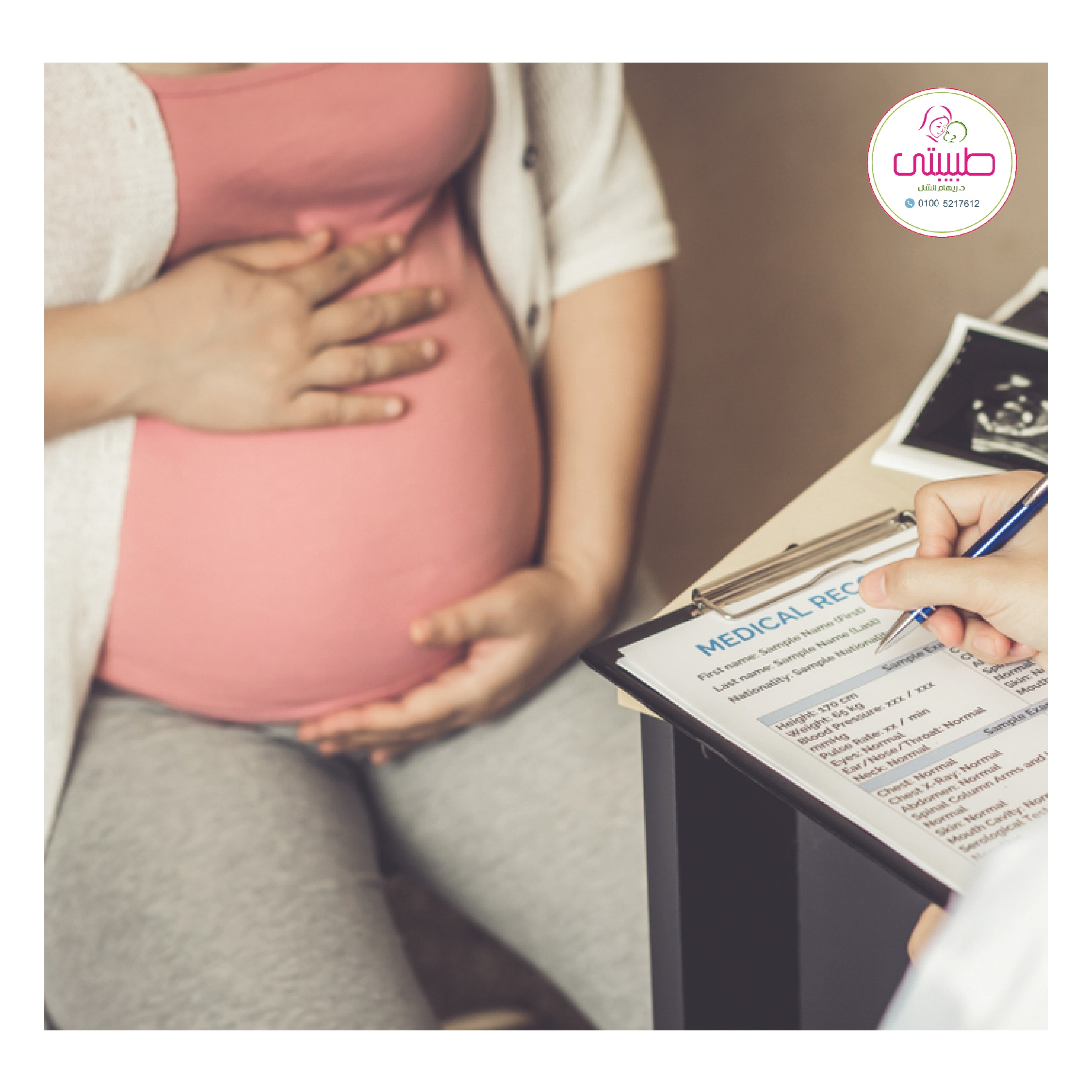Stories of an impossible pregnancy: When the impossible becomes possible, thanks to God
The “Stories of an Impossible Pregnancy” series presents us with inspiring stories of couples who faced difficulties in conceiving. They were told that their pregnancy was impossible, but thanks to their faith in God Almighty and their determination, their dream came true and they became parents.
A story from Yemen
This episode tells us the story of a woman from Yemen who suffered from despair after years of failed attempts to get pregnant.
While she was searching for solutions on the Internet, she came across the “My Doctor” channel on YouTube. The woman felt hopeful again and decided to travel to Egypt to visit the clinic.
Although the woman wanted to undergo ICSI directly, the doctors advised her to continue a normal ovulation cycle without any stimulants or medications, except some vitamins.
The lady considered it a waste of time, especially after 9 years of failed attempts.
A pleasant surprise
At the next follow-up appointment, the woman surprised the doctor with a positive pregnancy test! She and the doctor could not contain themselves from the extreme joy and happiness.
The impossible was achieved thanks to God Almighty, thanks to the woman’s faith and determination, and the doctors’ keenness to follow an appropriate treatment approach. This story confirms to us that God Almighty has power over everything, and that the impossible may become possible thanks to Him.
It also shows us the importance of faith in God, patience, and determination in achieving dreams, no matter how difficult they are.
Share your story
Don’t forget to follow the “My Doctor” channel on YouTube for more inspiring pregnancy stories, and subscribe to the channel to receive notifications of new updates.
The “Stories of an Impossible Pregnancy” series offers hope to anyone struggling to conceive. It assures us that God Almighty does not waste the reward of those who strive, and that determination and faith in God are the key to achieving dreams, even if they seem impossible.

